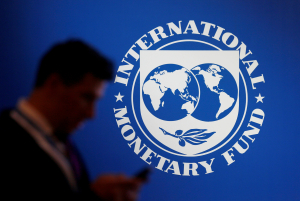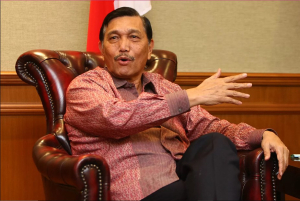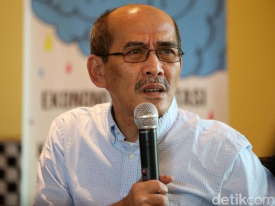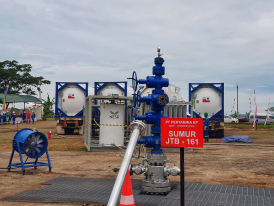Ministry: Beware of Indonesia’s increased control of global Nickel supply
A senior official at the Coordinating Ministry for Maritime Affairs and Investment has warned of the increasing Indonesia’s control of the global nickel supply from the current 60 percent to 75 percent by 2026.
Septian Hario Seto, Deputy for Investment and Mining at the Coordinating Ministry for Maritime Affairs and Investment, said that Indonesia needs to be wise in encouraging the development of nickle downstream industry.
“It does not mean that we should be proud of it as there are potential risks as well. The world would not like if something is concentrated on a certain entity. So geopolitics has a significant role,“ he told the Indonesia Future Policy Dialogue held in Jakarta on October 9, 2024.
Seto cited that currently Indonesia is in the first and second phases of nickel downstream industry. In the first phase, nickel ores are transformed into mixed hydroxide products (MXPs) as the first derivative, while in the second phase, the MXPs are produced into stainless steels. The next phase is to make battery cells from precursors.
Investment in nickel sectors is mainly on stainless steel, which has reached its peak in the last five years.
“Indonesia cannot allow more investment in stainless steel because it will disrupt the market. However, there are still rooms for investment on nickel use for battery production with US$ 20-25 billion in the next five years,” Seto said.
Ecosystem
Seto said further that for the future, Indonesia cannot only develop downstream industry by commodities, but also based on ecosystem.
“We cannot talk about the downstream industry commodity by commodity , such as nickel, copper, bauxites. No. We need to talk about the ecosystem that we want − lithium battery and electric cars,“ he said.
Indonesia, he added, needs to identify the industrial trees of the ecosystem. He cited that in order to make battery, people should know the raw materials needed and whether Indonesia has them or not.
“Actually we have almost everything. We have lithium hydroxide plant under construction. We have materials for lithium refinery. We have cathode for LFP,” he said.
Seto revealed that the government is currently inviting investment in aluminum foil, electrolyte and separators so that Indonesia will have one ecosystem of electric battery.
“Outside China, Indonesia is the country with the most complete lithium battery with sufficient capacity,“ he said.
He cited that Indonesia is ahead of Japan and Korea in the anode industry. Indonesia produces 80,000 tons per year, the second largest in the world. Meanwhile, Japan can only produce 10,000 tons per year and South Korea 40,000 tons per year.
Early next year, Indonesia’s anode production capacity will be increased from 80,000 to 160,000 ton per year.
Tag
Already have an account? Sign In
-
Start reading
Freemium
-
Monthly Subscription
30% OFF$26.03
$37.19/MonthCancel anytime
This offer is open to all new subscribers!
Subscribe now -
Yearly Subscription
33% OFF$228.13
$340.5/YearCancel anytime
This offer is open to all new subscribers!
Subscribe now






